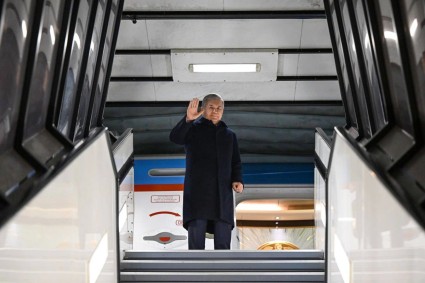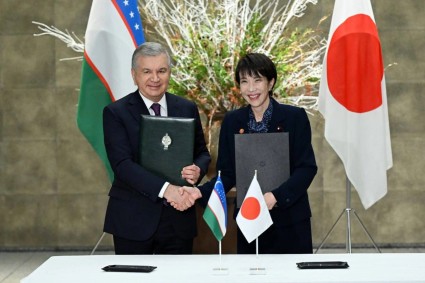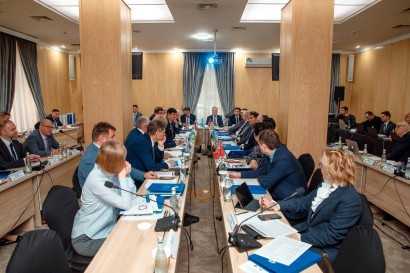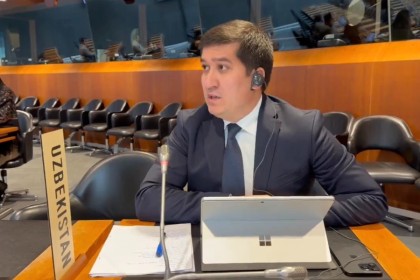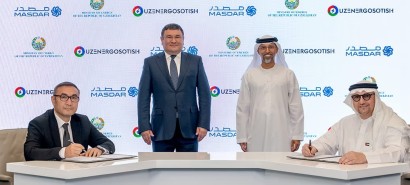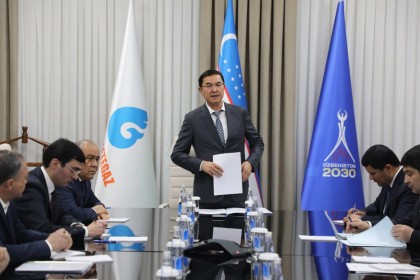Uzbekistan is ready for active cooperation with the international community against the climate change and advocates the creation of a regional Climate Council, stated by Tanzila Narbayeva, Chairperson of the Senate, in her address at the 27th Conference of the Parties to the UN Framework Convention on Climate Change (COP27). in Sharm el-Sheikh (Egypt) on November 15.
The creation of a regional Climate Council will increase the effectiveness of cooperation in promoting climate adaptation projects, combating desertification and land degradation, as well as introducing water-saving technologies, she emphasized.
It is only through joint efforts that it is possible to counter the problem of climate change, the consequences of which are also acute in Central Asia, Tanzila Narbayeva underscored.
“Uzbekistan’s main goal is to achieve economic progress by integrating the principles of a green economy into ongoing structural reforms. Low-carbon development and resource saving in all sectors of the economy, the introduction of efficient and environmentally friendly technologies have been chosen as a priority in this direction,” she noted.
Under the Paris Agreement, Uzbekistan reaffirms its commitment to reduce greenhouse gas emissions per unit of GDP by 35% by 2030. To achieve these goals, large-scale programs have been launched to introduce renewable energy sources.
By 2026, it is planned to increase the share of "green" energy to 8,000 MW, which will reduce carbon dioxide emissions by 5 million tons. By 2030, the energy efficiency of the economy is planned to be doubled, and the share of renewable energy to at least 25%, the head of the Senate said.
She spoke about the Yashil Makon (Green Space) nationwide project, which provides for the annual planting of 200 million trees and shrubs. Thanks to him, in five years, the area of вАЛвАЛgreen spaces in cities should increase from the current 8% to 30%. The country is also taking measures to introduce water-saving technologies.
As part of efforts to address the problems in the Aral Sea region, more than 1.7 million hectares of forest plantations have been planted on the drained bottom of the Aral Sea over the past five years, and by 2026 this figure should reach 2.5 million hectares, or almost 80 % of territory. By a special resolution of the UN General Assembly, the Aral Sea region was declared a zone of environmental innovations and technologies.
Next year, Uzbekistan plans to hold two major UN events to combat desertification and conserve migratory species of wild animals, Tanzila Narbayeva noted. She invited all international partners to take an active part in these forums.
The Director General of the Center for Hydrometeorological Service of Uzbekistan (Uzhydromet) Sherzod Khabibullayev and other officials also participate in the work of COP27.


